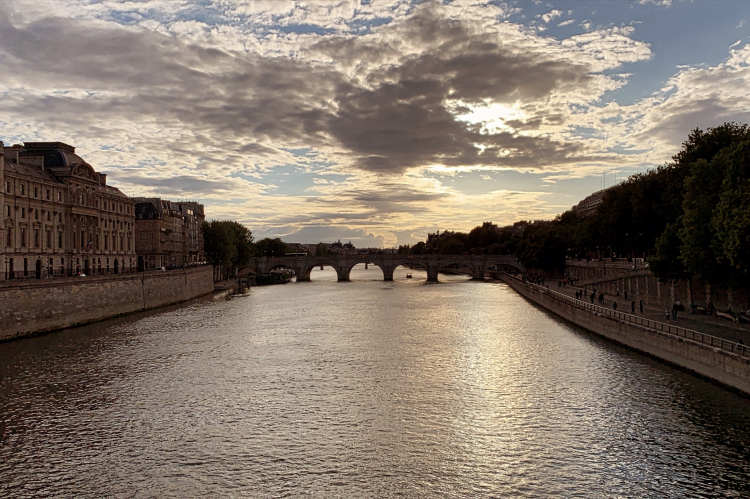France, Freedom, and Coronavirus: Chapter II

Things are now moving quickly as France continues its emergence from the Coronavirus Crisis. In a televised address to the nation last night, French President Emmanuel Macron announced an initial triumph against the pandemic here in the French Republic.
In what will be a welcome change to French life, President Macron announced that all of continental France has now been classified as a green zone for everyone living there, especially those living within the Île-de-France region (mainly Paris).
As such, here are some relevant developments:
Inside dining is now allowed throughout France.
As we reported last week, restaurant terraces were allowed to open up to customers with indoor dining remaining forbidden for sanitary reasons. Now, as of 15 June, restaurants are now completely open, allowing all to dine both on terraces and within the building proper. Social distancing measures will remain in effect.
Travel restrictions throughout the European Union have been lifted, and attestations will no longer be required for rush-hour public transit.
As we reported last week, the French Government relaxed the 100-kilometer travel restriction within the country. Now, as of 15 June, travel restrictions to other European Union countries have now been lifted, as the rest of Europe begins to open its borders. This means that individuals living within France, citizen or otherwise, will be able to visit other countries.
As such, the requirement for rush-hour commuters to present travel certificates (attestations) on public transit will no longer be effective as of 22 June.
All schools will officially reopen on the 22 of June, save for French high schools.
As businesses continue to reopen in the aftermath of the quarantine, schools will also see out the remainder of their respective school years. This will have the added effect of freeing up parents to focus more on returning to work and less on watching after children throughout the day. With that said, however, Finance Minister Bruno Le Maire has since reiterated the recommendation to work from home, if possible.
High schools will continue to remain closed for the time being.
Family visits to nursing homes throughout the country are now allowed.
Since COVID-19 struck, very few groups have been hit harder than elderly people, French or otherwise, with thousands dying due to complications arising from the virus. With a combination of infections and death rates continuing to decrease in the last few weeks, President Macron has announced that family visits are now allowed at nursing homes, allowing for families to reunite with loved ones.
Mass gatherings will continue to be tightly regulated.
There is no doubt that protests and mass gatherings are intricately woven into the fabric of French culture, and with recent developments throughout the United States relating to racist police brutality against Afro-Americans reaching the forefront of global news, protests have risen up in dozens of countries in solidarity with those protesting injustice in the United States.
While the right to assemble and protest is a valuable element of democracy and free society, social distancing measures have been implemented in order to keep COVID-19 infections at bay. Therefore, in an effort to prevent a second wave of the virus, mass gatherings have been tightly restricted.
This has been a general recommendation by medical experts since the beginning of this pandemic, and we don't expect to see that change until the virus is no longer the threat that it continues to be right now.
More on this as it develops.







